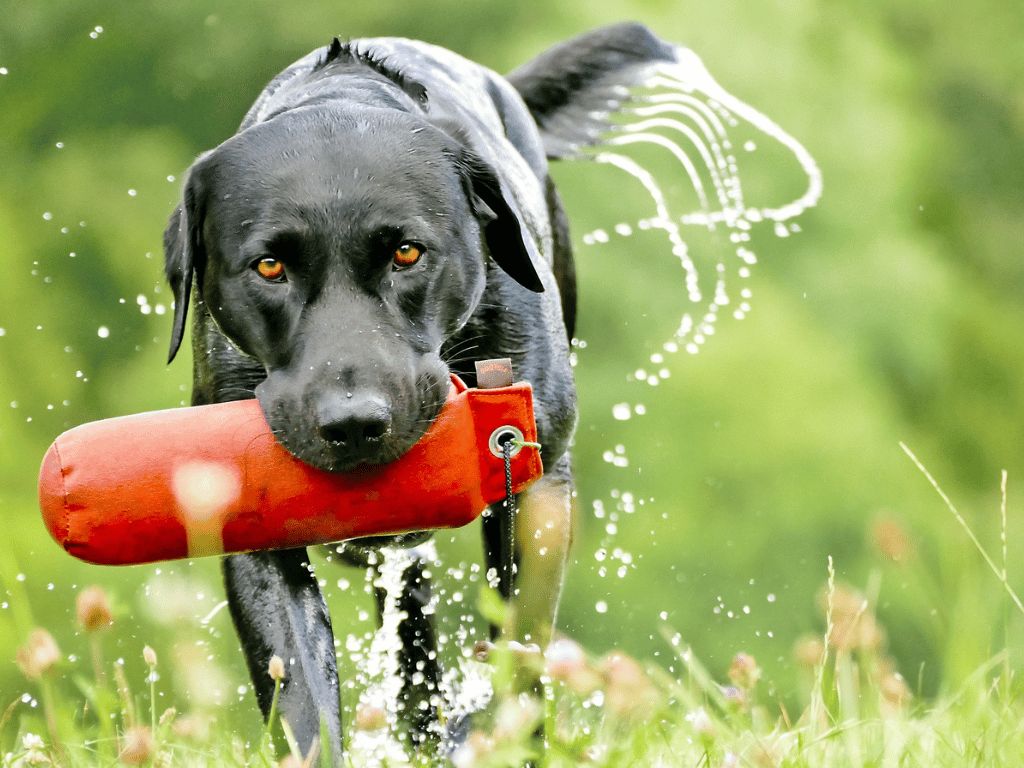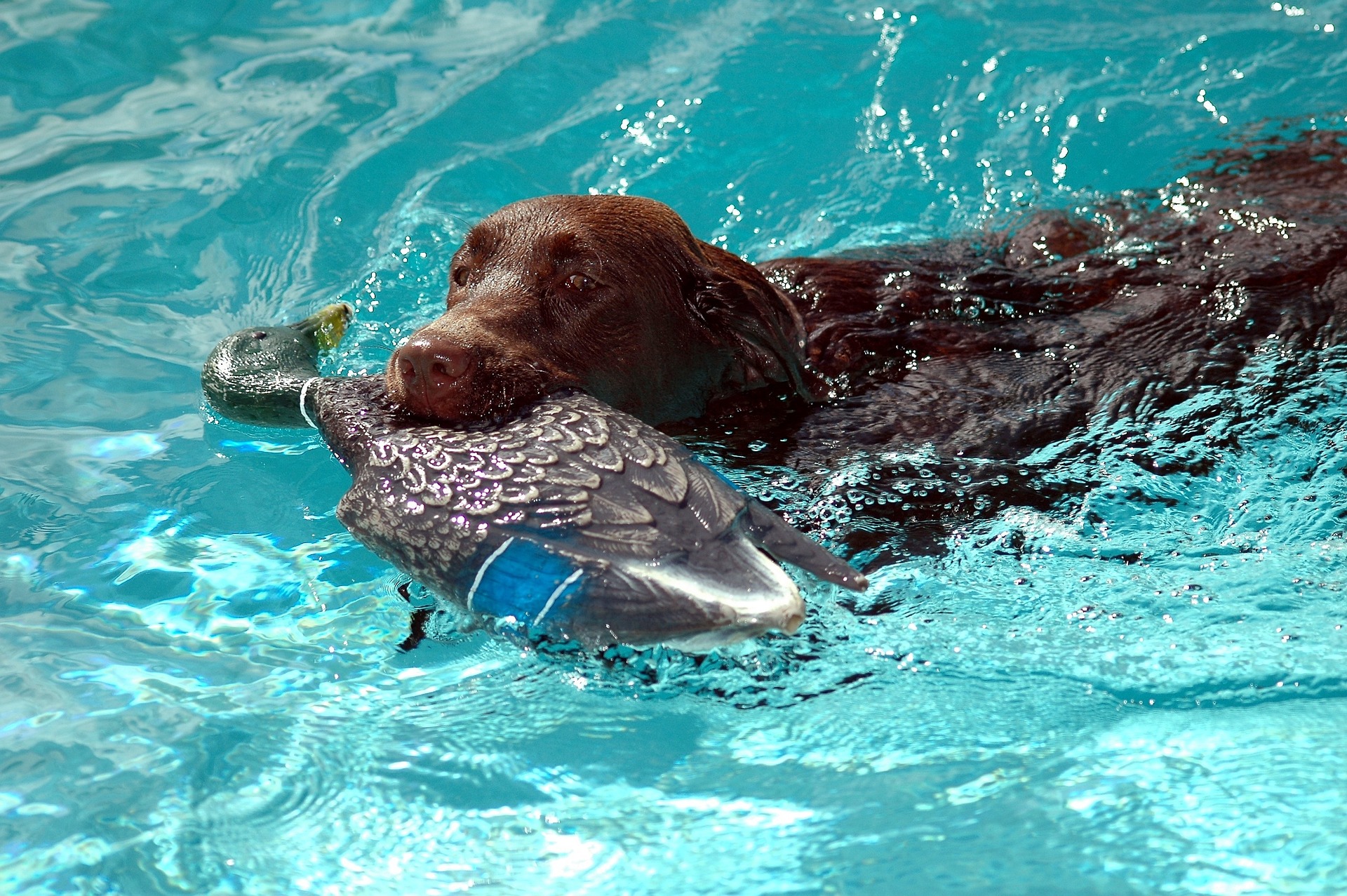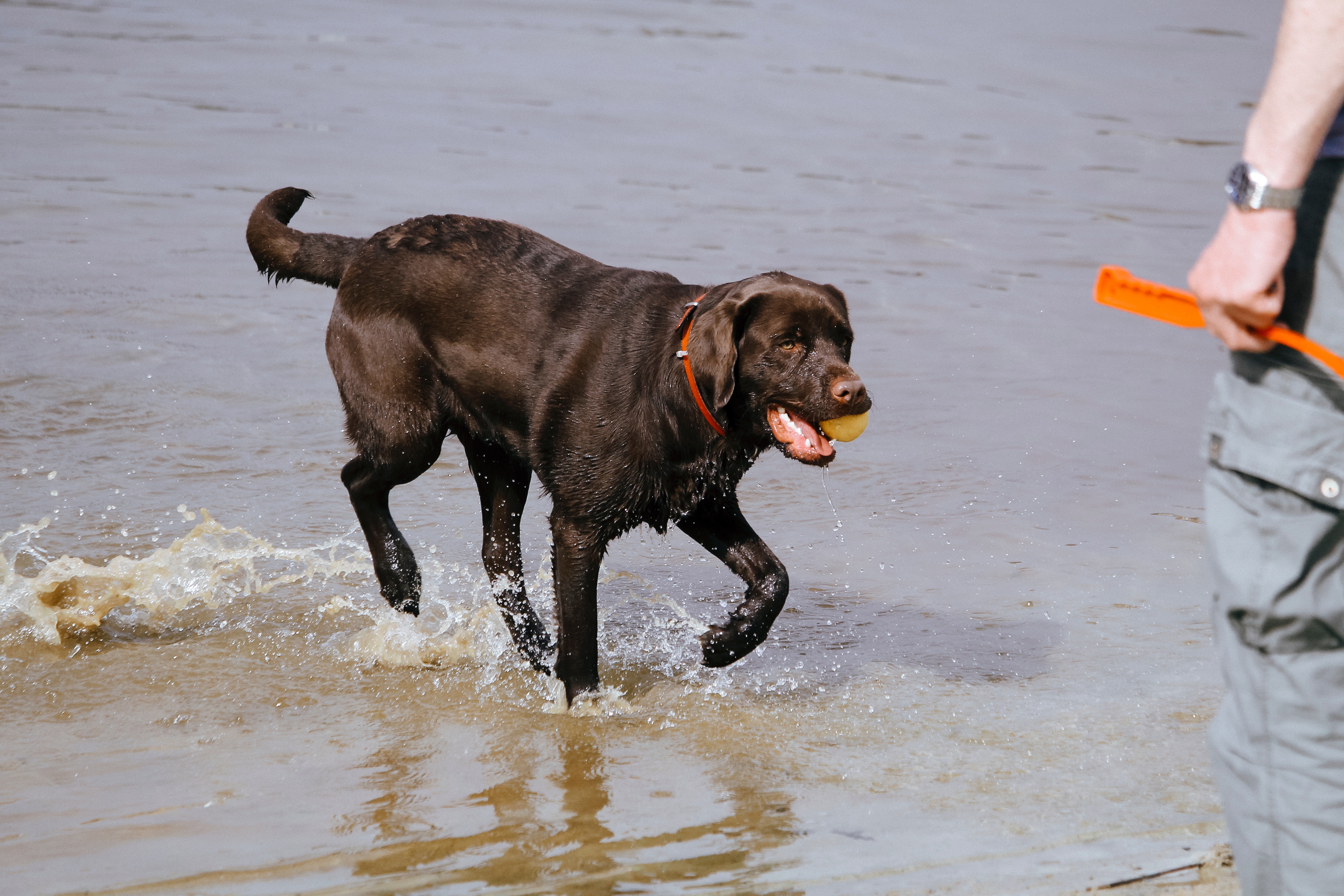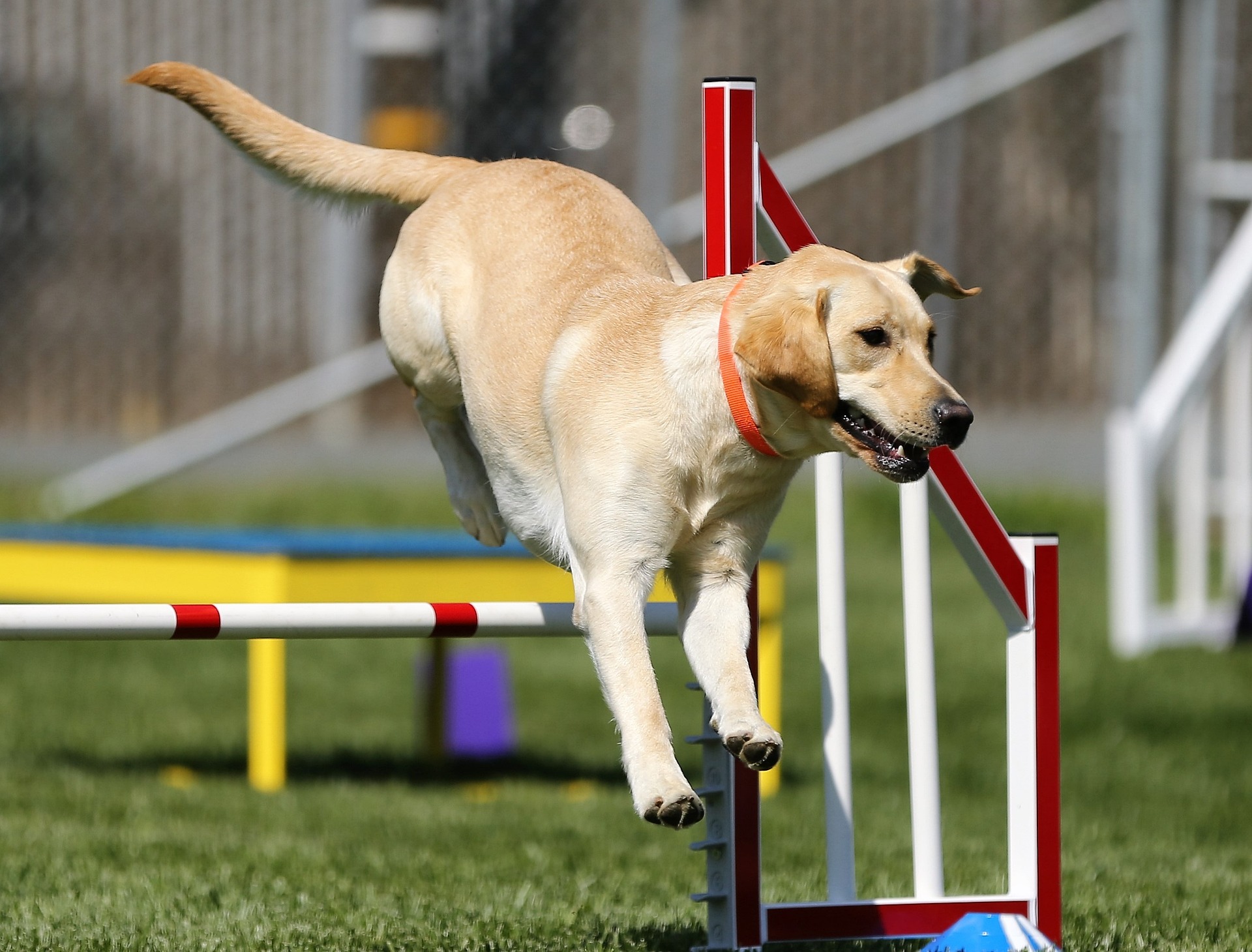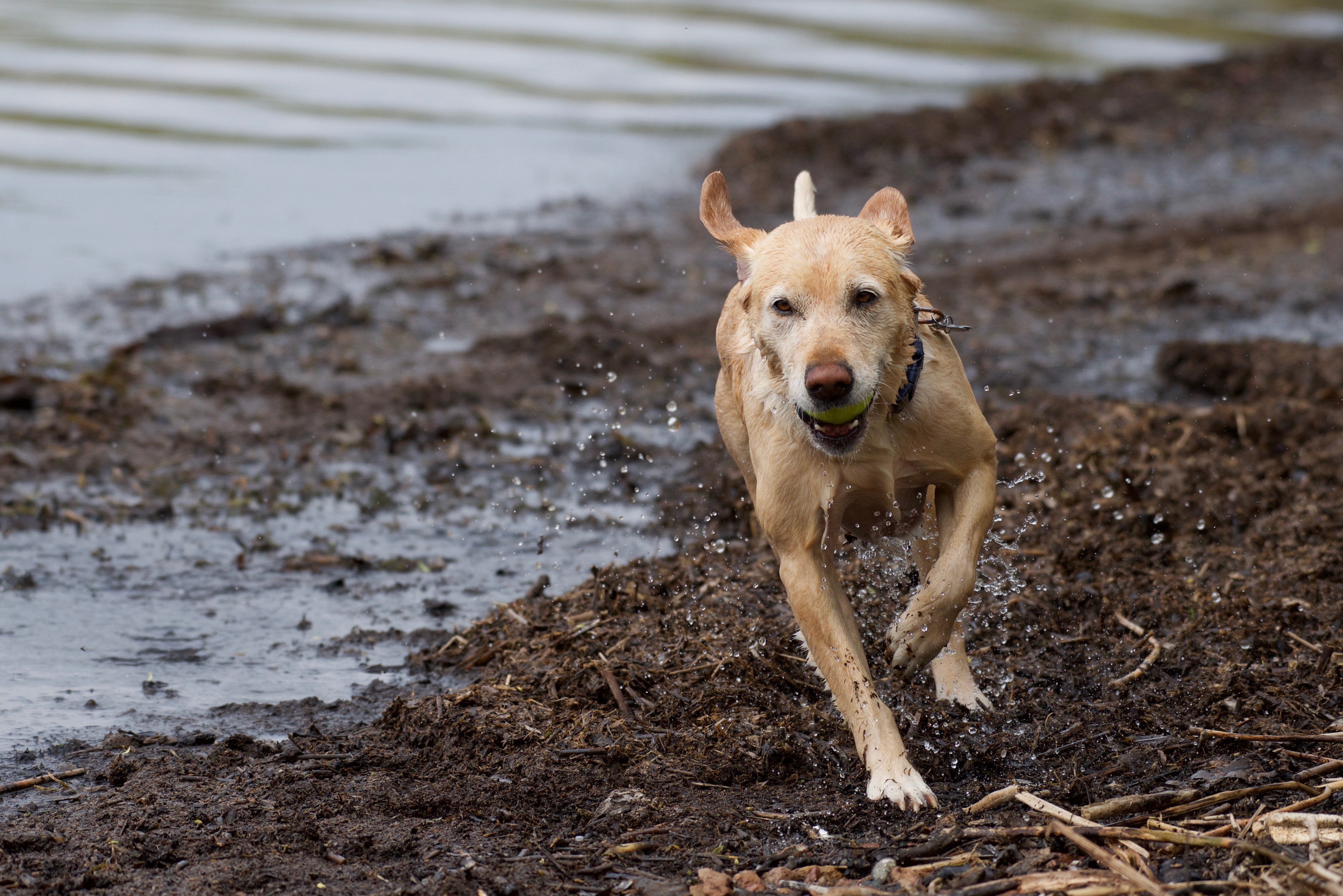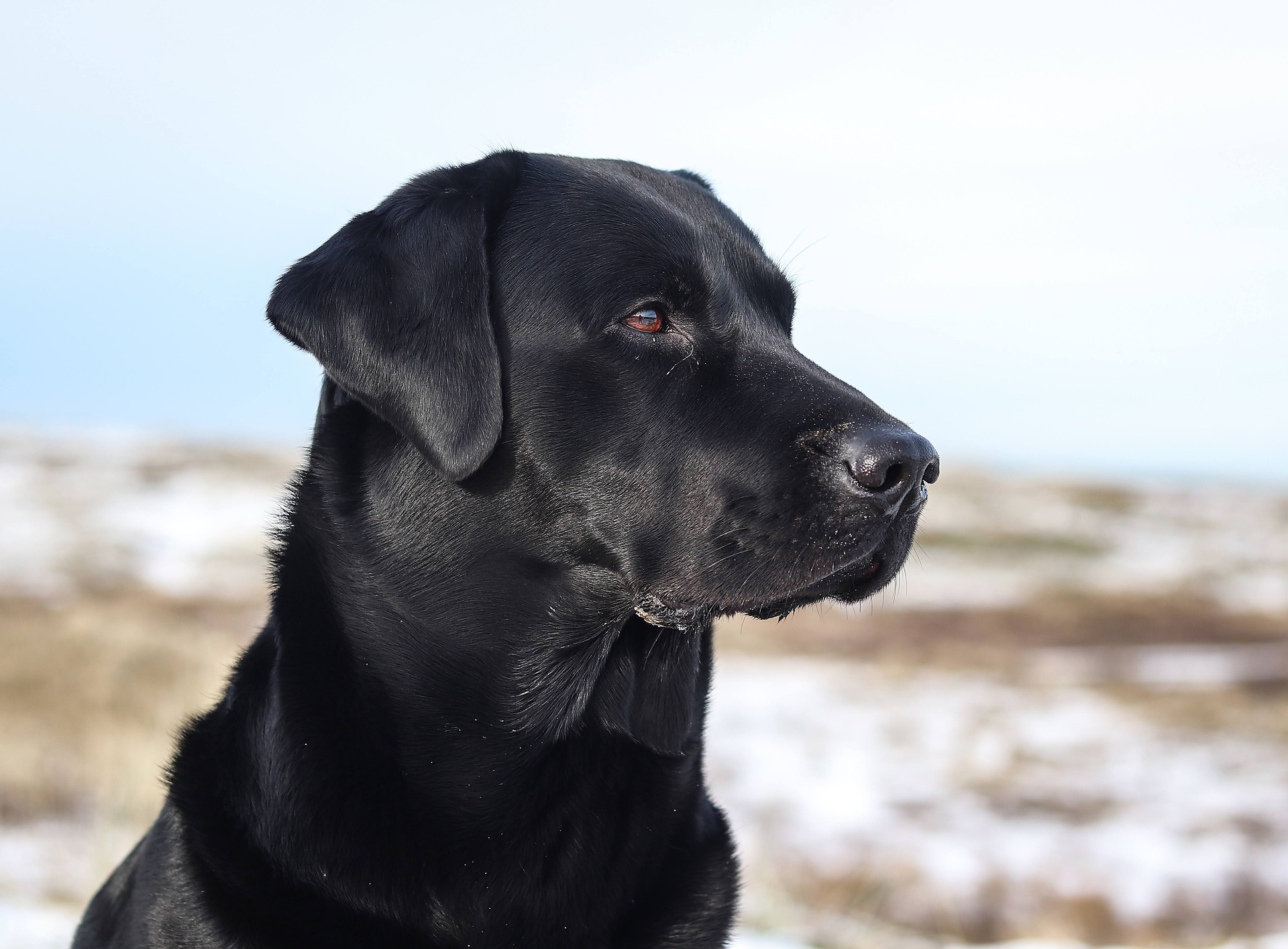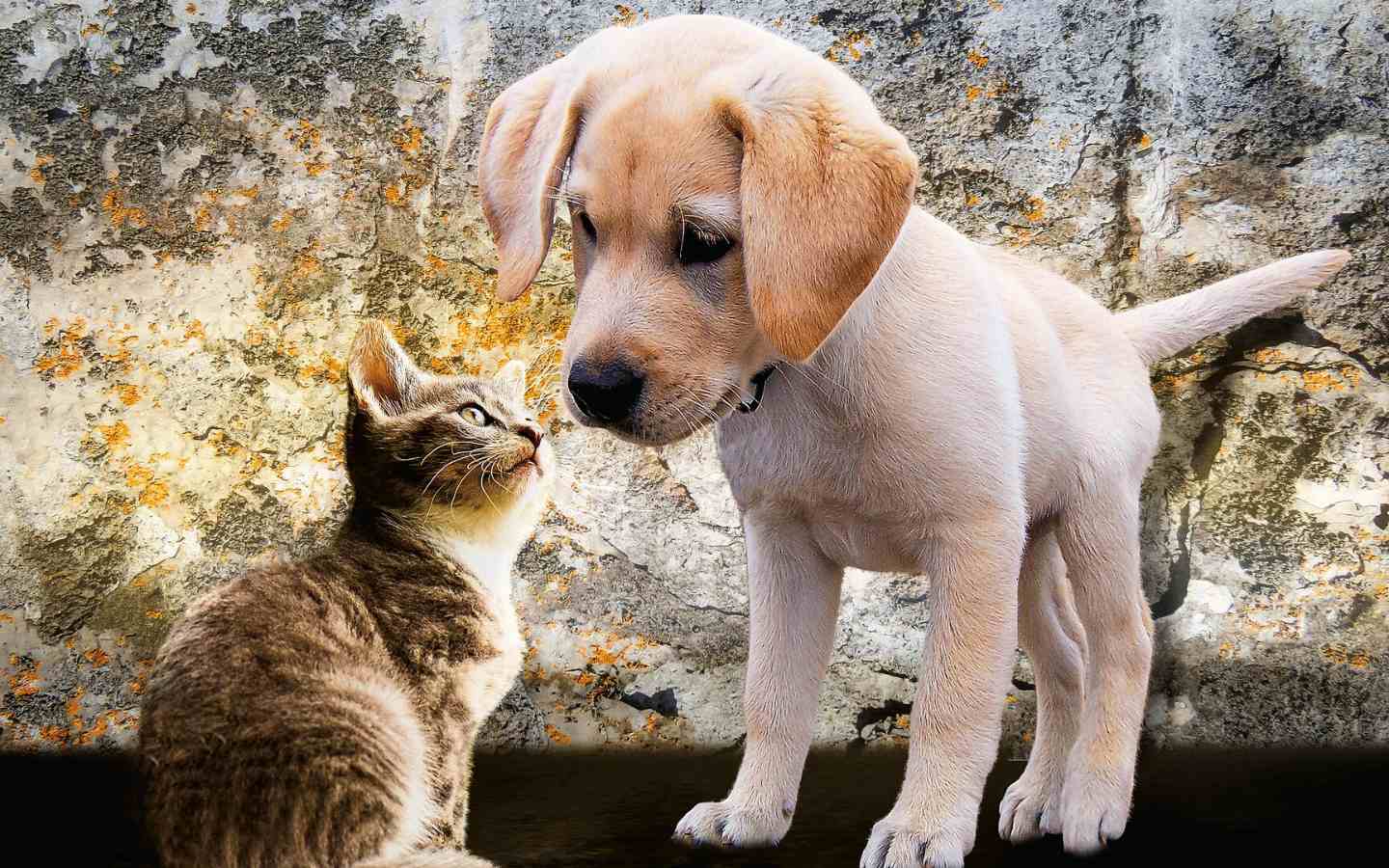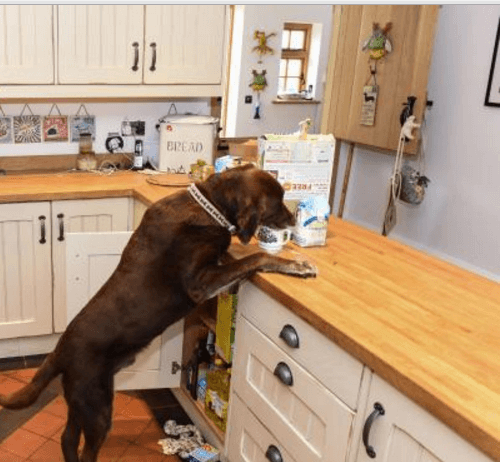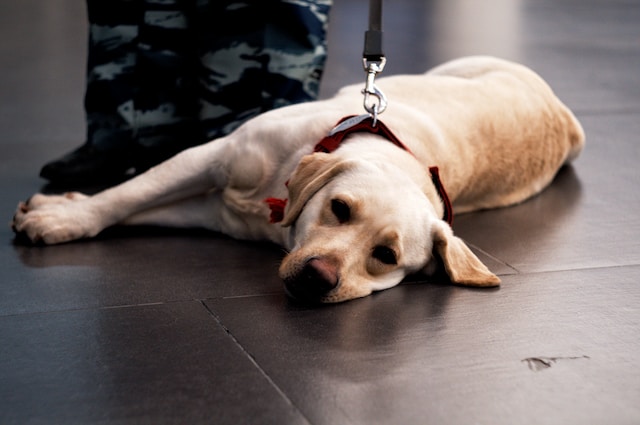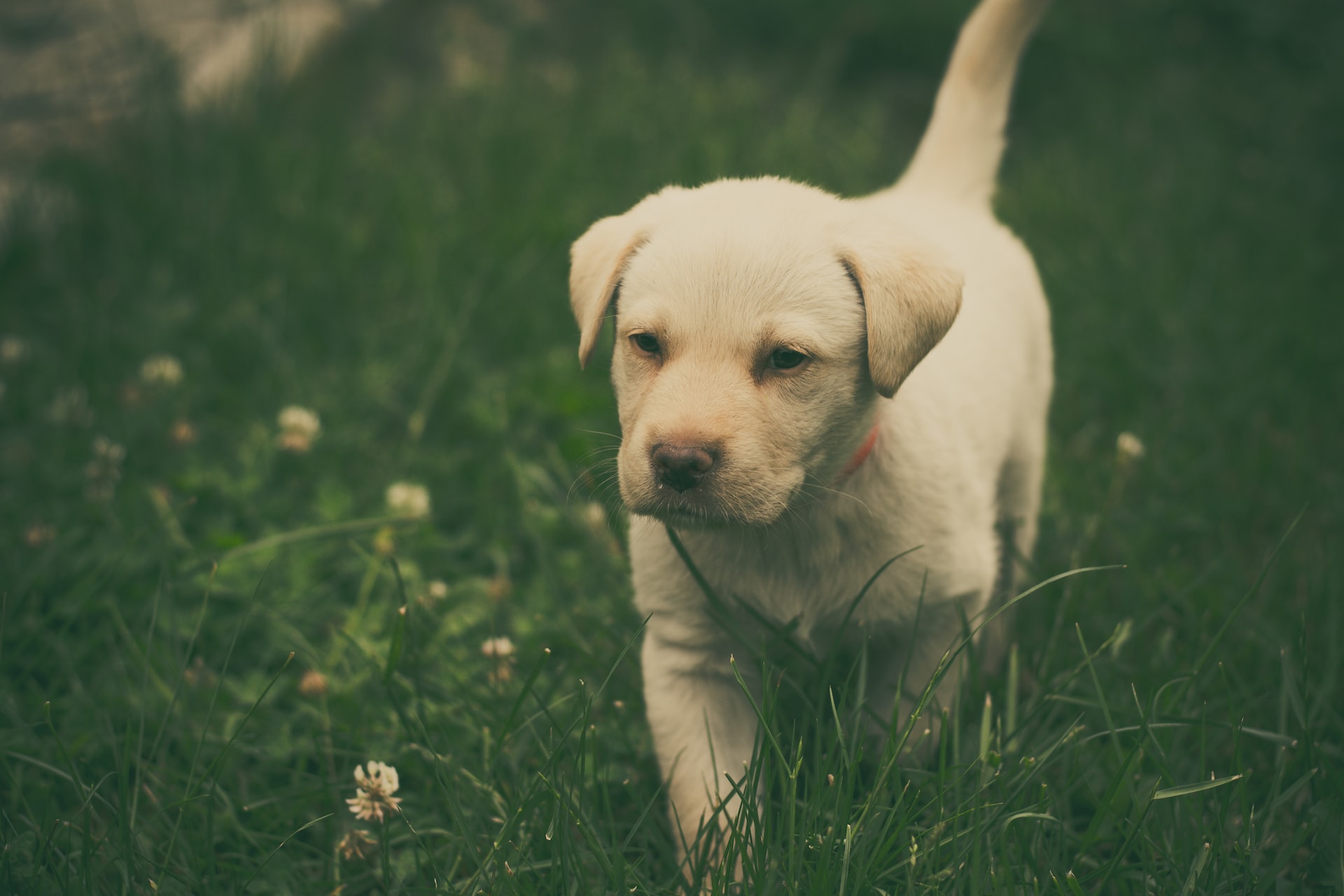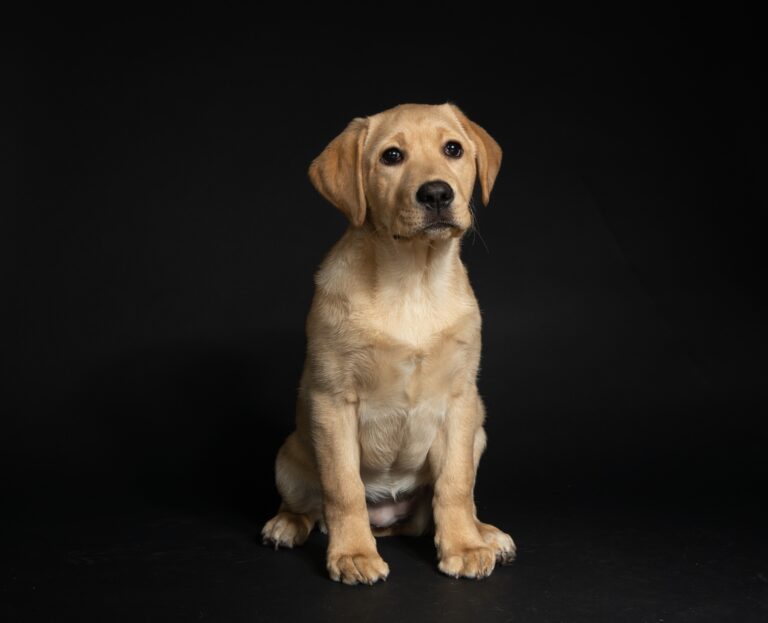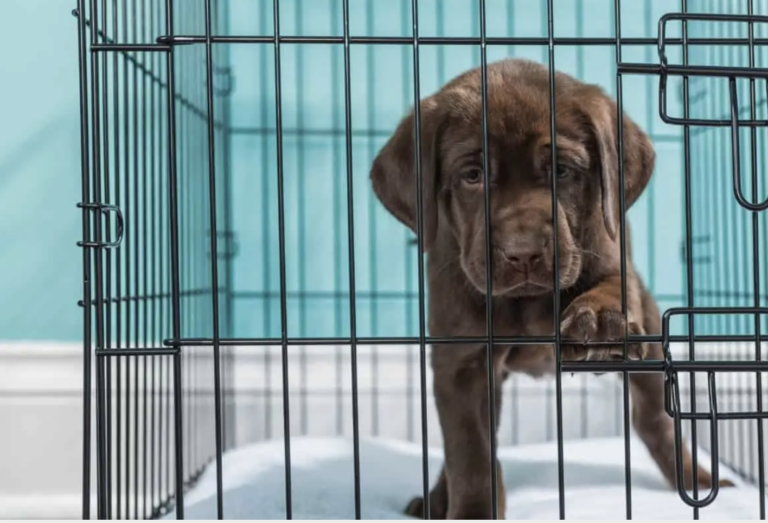How To Train A Labrador For Hunting
Have you ever wondered how to train a Labrador for hunting? Are you looking for an effective way to teach your Labrador the skills needed for successful hunting trips? Or are you curious about what kind of training is necessary to help your furry companion become an expert hunter?
Training a Labrador for hunting can be an incredibly rewarding experience, one that will build a special bond between you and your canine companion. Not only that, but it will also help develop your dog’s natural hunting instincts and sharpen its skills.
In this article, we’ll discuss some of the best tips and strategies on how to train a Labrador Retriever for hunting.
What Do Labradors Hunt?
Labradors are excellent hunters, and their skillful nature makes them a popular choice for many hunting activities. These versatile dogs have an instinctive drive to pursue prey and will happily join you while you’re out in the field. But aside from being loyal companions, what exactly do Labradors hunt?
Labradors can be trained to hunt all sorts of game, ranging from small rodents to large waterfowl hunting. In particular, they are well known as remarkable retrievers who excel in locating downed birds or small game.
With training and experience, these intelligent dogs can detect scents even in murky water environments and will be right on target when retrieving fallen prey. Aside from birds, you can teach labs to hunt rabbits, upland hunting, game birds, turkeys, duck – even deer!
In addition to traditional hunting methods, some Labradors also love participating in outdoor activities like flushing or pointing – making them very versatile hunting partners. Their long nose gives them an advantage when sniffing out hidden prey, even during twilight hours, and their keen eyesight helps spot potential targets better than most breeds.
Furthermore, with their thick fur coat acting as natural armor against the elements, Labs are perfect additions for any serious hunter!
How To Train A Labrador For Hunting
Training your Labrador to hunt is essential if you want them to become an efficient hunter. The goal of this training is to teach your dog the necessary commands and skills needed for successful hunting trips.
Build Your Dog’s Confidence
Building your dog’s confidence when teaching them to hunt is essential. The foundation of trust and understanding between you and your pup should always be the top priority. Start by spending time outdoors together. Introduce them to new sights and smells that they will encounter while hunting. Praise them for good behavior.
Therefore, they feel safe and confident in their environment when it comes time to start the training process. Provide plenty of positive reinforcement during this stage so that they won’t be scared or overwhelmed when it comes time to further their skills.
Teach Basic Obedience
Before taking your Lab on its first hunting outing, it’s important to ensure they understand the basic commands like “sit,” “stay,” “come,” or “no.” In order to do this, it’s best to start with setting up a consistent and comfortable environment for them to practice in.
Make sure there are no distractions, as this can confuse your puppy. Start by responding positively when they respond correctly to the command. Plus, be patient if there are any mistakes made.
Once the basics are established, it is time for more advanced obedience training exercises such as walking patterns, heel-to-hand recalls, and reacting quickly to distractions like honking geese or barking dogs nearby. Walking patterns involve having your Labrador walk at a steady pace alongside you.
Either on a leash or off-leash, depending on your environment. Heel-to-hand recalls involve having your pup follow you while you move around in different directions. This helps them learn how to track where they are going, even if they become distracted by something else. Reacting quickly to distractions is another important skill that needs to be trained. Therefore, your dog will remain focused and not get sidetracked easily when out hunting.
Utilizing clicker training can also help teach these basic commands amid a hunt’s noise and reinforce desired behaviors from your Lab puppy. When using clicker training, reward each response with positive reinforcement such as treats or verbal praise. Avoid punishing wrong behavior, as this can lead to fear and mistrust between you and your dog.
Introduce Hunting Tools And Scents
Getting your pup used to all the noisy tools that come with a hunt while they’re still home is key! Show them each item separately so they become accustomed to whistles, guns, and decoys without getting overwhelmed or scared by all new things at once out in the field later on.
Introducing scents associated with hunting, such as eau de wildfowl or duck feathers, is also beneficial. Spraying these scents around the house during training periods can help prime your pup for what they will encounter while out hunting and boost their confidence around unfamiliar smells.
When introducing new scents, never spray directly onto your pup. This could cause fear or confusion. Instead, try spraying onto toys or areas of their environment where it won’t startle them.
In addition to these tools and scents, you should introduce other common noises in a hunting environment, like honking geese or barking dogs. Again, use positive reinforcement if your pup reacts correctly whenever these sounds are heard.
Provide plenty of treats for good behavior! Doing so will help build trust between you and your pup and make it easier for them to stay focused despite all the distractions encountered while on a hunt.
Practice On Dummy Ducks And Birds
Practicing with dummy ducks and game birds is essential to preparing your Lab for hunting. It helps them understand the concept of retrieving and familiarizes them with the sights, sounds and smells associated with it.
When you first introduce your pup to dummy ducks or birds, start simply by having them retrieve from a short distance away. As they become more comfortable, then gradually increase the distance they travel.
Be sure to give them lots of positive reinforcement when they succeed and take things slow. Rushing your pup through this process can be overwhelming and set them back in their training.
Go On Short Practice Hunts
A great way to start getting them comfortable with regular hunting conditions is by going on short practice runs with no expectations other than having fun together outdoors! Letting him explore his surroundings at his own pace will help him learn about where different animals hide. Plus, how far away he can venture before being called back in later on real hunts. It allows them to gain valuable knowledge about their prey’s good hiding spots they may not have noticed or thought of otherwise!
Invest in a Quality Carrying Crate
Investing in a quality carrying crate for your Labrador when training them in hunting is extremely important. Not only does it provide a safe and secure space for your pup to rest between exercises.
However, it also allows them to feel safe and calm while traveling to different locations for training. A well-made crate also helps to reduce anxiety during transportation as they become familiar with their surroundings.
Additionally, transporting your pup in a proper wildlife-carrying crate will help protect them from potential hazards along the way, such as sharp rocks or thorns that can scratch the car interior or poke holes in fabrics.
Don’t Be Afraid To Make Mistakes
Feel free to make mistakes when training your Labrador for hunting. As your pup learns, they will inevitably make a few mistakes along the way. It’s important to remember that this is a learning process and that it’s okay to goof up every now and then! Your pup will appreciate your patience and gentle guidance as they figure out what works and what doesn’t.
Moreover, understanding that setbacks are part of the learning process can help you stay positive and focused during challenging moments. With consistent practice and reassurance, your Lab will become confident in its abilities and eventually become a skilled hunter.
Don’t Push Too Hard
Finally, it’s important not to overdo it too soon when beginning hunting dog training with Labs (or any dog breed). Remember that this process takes time. Pushing them too hard could cause anxiety-related issues or scare them away from wanting anything further to do with the sport altogether!
Keeping sessions short but frequent will help them progress without becoming overwhelmed or anxious.
It’s also beneficial to break up longer practice runs into smaller chunks so that the dog can stay energized and energized with all the new information they need to learn at once. Doing so will keep things fun and engaging for you and your pooch while staying focused on the task at hand – learning how to become an effective hunting companion!
What Makes Labs Great Hunting Dogs?
Labradors are some of the most popular hunting dogs for a reason. Whether you’re an experienced hunter or just starting, Labs can be the perfect companion for outdoor adventures. They are loyal, intelligent, and always eager to please.
Their natural ability to retrieve makes it easy to bring downed home birds or small game with precision and skill. But what makes them truly great hunting dogs?
Impressive Physical Traits
Labradors have impressive physical traits that make them well-equipped for a successful hunt. Their sturdy build and dense fur coat protect them from the elements and sharp objects found in nature. Plus, their natural swimming abilities allow them to jump into bodies of water without hesitation – saving you plenty of time when retrieving fallen prey.
Physical Capabilities
In addition to their physical capabilities, Labradors also possess keen senses that help them excel in the field. They have amazingly sharp hearing, which gives them a substantial advantage while shed hunting, allowing them to detect even the faintest sounds in the brush and trees around them.
Not only that, but they also have excellent eyesight. It helps them spot potential prey from far distances easier than other hunting dog breeds.
These outstanding attributes and expert training make Labs ideal hunting partners in all sorts of environments. Furthermore, Labs are one of the few breeds that truly enjoy all aspects of hunting.
Whether it’s running through thick brush, searching for prey, or retrieving fallen game – these pups display enthusiasm every step of the way! When you consider all these factors, it becomes obvious why these hard-working pups are so widely used by hunters everywhere!
Frequently Asked Questions
Q: How does a gun dog training program differ from regular dog obedience training?
A: Gun dog training is designed to teach dogs how to work with a hunter in the field, while regular dog obedience training is typically focused on teaching basic command and house manners. Gun dogs are taught how to mark a downed bird, perform retrieves, follow oral or visual commands from their handler, and stay focused on a task. In contrast, regular obedience training focuses primarily on sitting, staying, and coming.
Q: Can I also train my Golden Retriever for hunting if they aren’t a Labrador?
A: Absolutely! Any dog can be trained for the field. While some breeds are more naturally inclined to hunting activities, any breed can learn the skills necessary for successful outings. Working with other breeds requires a little extra patience and determination.
Q: How long does it take to train a Labrador for hunting?
A: Training time really depends on the individual dog, but typically it takes anywhere from a few weeks to several months. The best way to ensure success is by keeping your training sessions short and consistent. Break up your training into smaller, manageable chunks so that the dog doesn’t get bored or overwhelmed with all the new information. With enough repetition and positive reinforcement, your pup will soon be ready to become a pro hunter in no time!
Q: What makes a good hunting dog?
A: A good hunting dog has all the physical attributes necessary for a successful hunt, such as endurance, sharp senses, and an even temper. But they also must have the right attitude and personality. They should be eager to please, able to work independently and concentrate well in any situation.
Q: What is a flushing dog?
A: A flushing dog is a gun dog used to flush out prey from hiding spots. Flushing dogs are typically smaller breeds, such as Cocker Spaniels, that are especially adept at navigating dense brush and tall grass. They use their keen senses to locate the hiding game and then bark or make a noise to scare it out into the open.
Final Words
Overall, Labradors are excellent hunting companions due to their physical and mental capabilities. However, they must be trained properly in order for them to reach their full potential while out in the field. With enough patience and dedication, you can teach your pup all of the necessary skills needed to become a pro hunter!
Furthermore, other breeds can also make great hunting partners with proper training. No matter what kind of dog you have at home, if you equip it with the right knowledge and attitude, then there’s no limit to how far it can go when out on an adventure!

